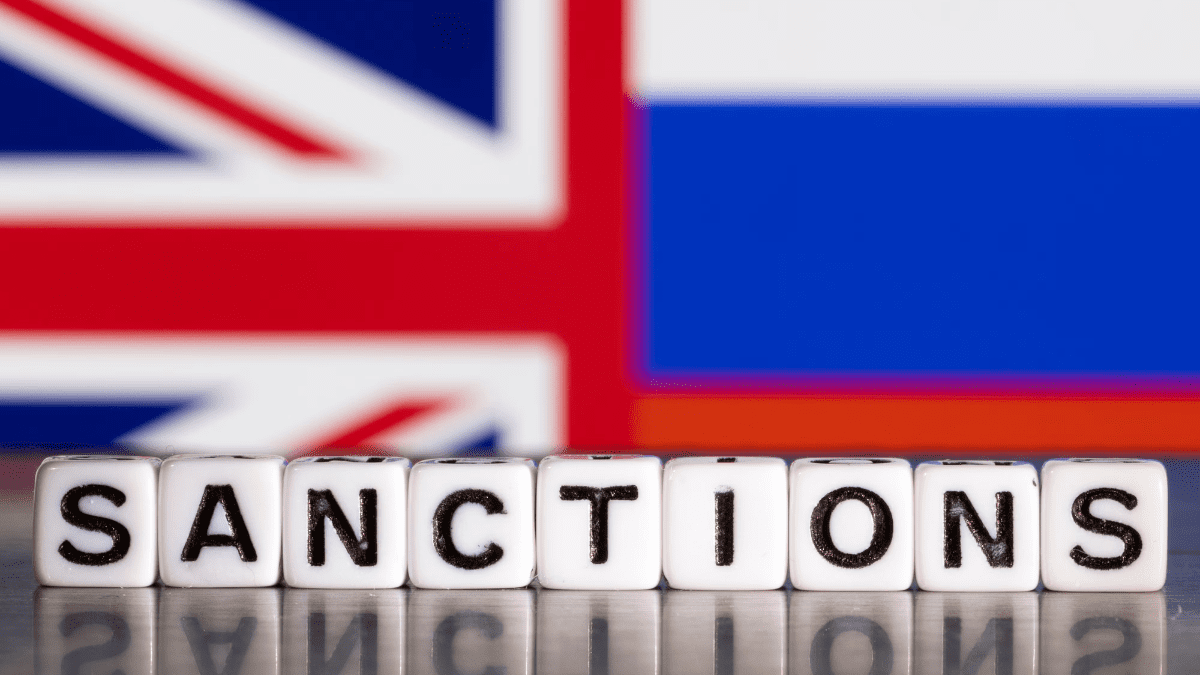The United Kingdom has imposed tough sanctions on senior Russian military leaders and a chemical weapons research institute linked to illegal drone attacks in Ukraine. The move targets Lieutenant General Alexei Rtishchev, his deputy Andrei Marchenko, and the Scientific Research Institute of Applied Chemistry.
These entities are accused of enabling the use of banned substances like chloropicrin, a toxic World War I-era gas, deployed via drones in Ukraine. Over 9,000 gas attacks have been reported since 2022. Britain’s actions highlight growing international concern over Russia’s battlefield tactics and reaffirm its commitment to upholding global laws against chemical warfare in modern conflict zones.
The United Kingdom has announced strong new sanctions against two senior Russian military leaders and a research institute for their involvement in using chemical weapons during the war in Ukraine. This announcement was made public on July 7 and is part of the UK’s wider effort to respond to Russia’s growing use of illegal chemical agents in combat.
UK Targets Russian Military Leaders and Research Lab
The sanctions list includes Lieutenant General Alexei Rtishchev, who heads Russia’s Radiological, Chemical, and Biological Defense Troops, and his deputy, Andrei Marchenko. The British government says both men played key roles in supporting and promoting the use of banned weapons during Russia’s ongoing invasion of Ukraine.
Also targeted is the Scientific Research Institute of Applied Chemistry, a Russian organization that has supplied the military with handheld chemical grenades. These weapons have been used against Ukrainian soldiers in the field.
According to the UK government, the sanctions are aimed at holding those responsible for these actions accountable. Chemical weapons are banned under international law, and their use in warfare is considered a serious violation.
Ukraine Sanctions 60 Crypto Firms, Including Russia’s LLCA7, Over Military Funding
Deadly Chemicals Dropped by Drones in Ukraine
The sanctions follow growing international concern over Russia’s battlefield tactics. On July 4, the Netherlands Military Intelligence and Security Service (MIVD) reported that Russian forces are now using more dangerous chemicals, including chloropicrin—a toxic substance first used in World War I.
According to the report, Russian troops are deploying these agents using drones. The chemicals are dropped into Ukrainian trenches to force soldiers out into the open, making them vulnerable to further drone or artillery attacks.
This is not the first time chemical agents have been reported in the conflict. Russia previously used tear gas, but chloropicrin is far more harmful. It causes severe irritation to the eyes, lungs, and skin, and is banned under international weapons treaties.
Dutch Defense Minister Ruben Brekelmans called the use of chloropicrin “absolutely unacceptable.” He emphasized that using such banned substances crosses a red line in modern warfare and demands international attention.
Kyrgyz arms dealer Sergei Zharnovnikov pleads guilty to smuggling $1.5M in U.S. weapons to Russia
Over 9,000 Chemical Attacks Reported Since 2022
Ukrainian officials say that since the beginning of Russia’s full-scale invasion in 2022, more than 9,000 gas attacks have been recorded. These include both irritant agents and more dangerous chemicals like chloropicrin.
At least three Ukrainian soldiers are reported to have died from direct exposure to these substances. Many others have likely suffered serious injuries.
The UK’s new sanctions send a strong message that the use of banned chemical agents will not be ignored. By targeting both the individuals and institutions responsible, Britain hopes to put pressure on Russia to stop its use of these weapons.
The use of these substances in war is not only extremely dangerous but also illegal under international law. These types of attacks cause suffering not just for soldiers but also for civilians caught in the conflict.
The UK, along with other allies, continues to monitor the situation and respond to what it sees as repeated violations of global rules meant to protect people in times of war.
